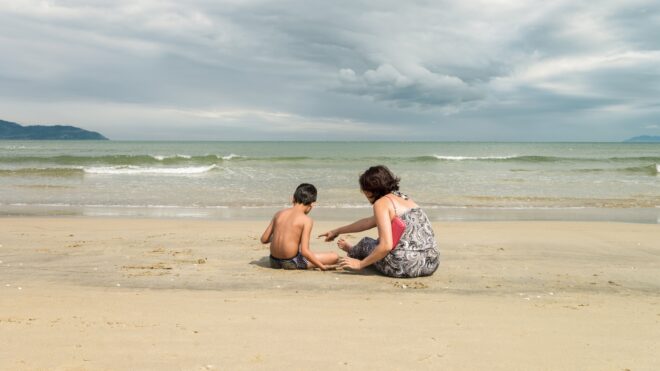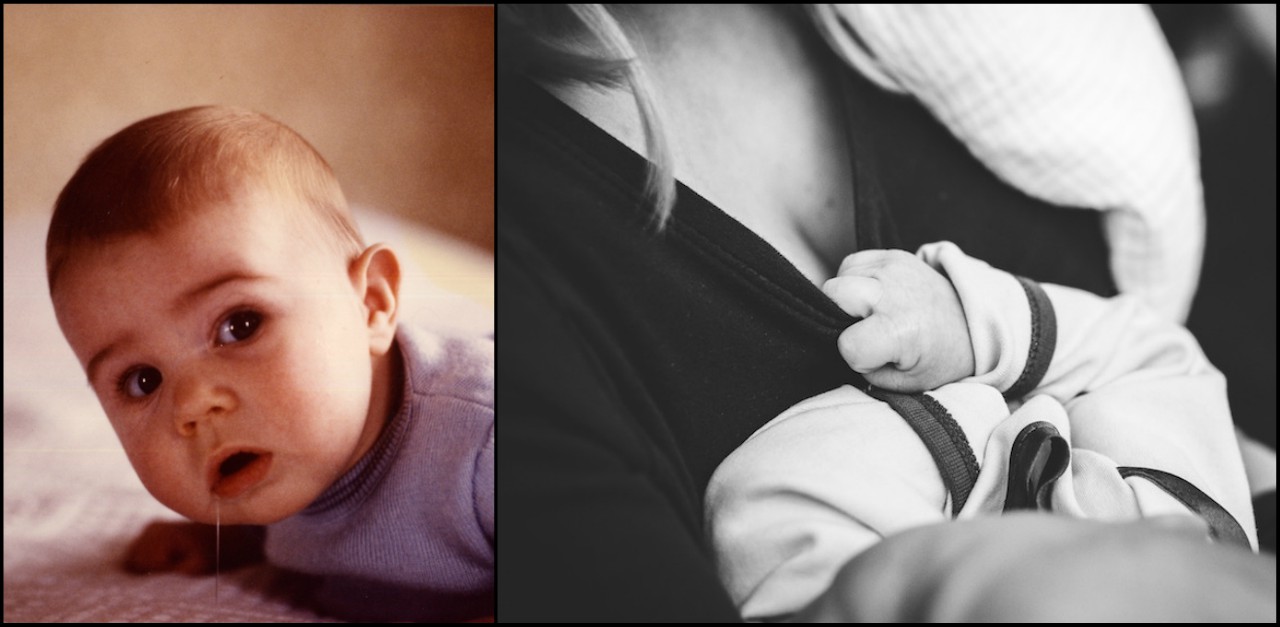
It's natural for parents to worry about any potential harm that could come to their kids and to want to take any possible precautions to prevent anything happening to them. This is particularly stressful when you have a baby, since unlike an older child, they aren't capable of speaking up to tell you what's wrong or what hurts.
But of all the potential things that can happen to your child, any parent can tell you that Sudden Infant Death Syndrome is one of the scariest.
Because of the mysterious nature of SIDS, which still isn't largely understood by the scientific and medical communities, it's difficult to predict or prevent it from happening.
But a brand-new study from the University of Virginia says that there is one thing moms can do that may significantly reduce the risk of SIDS: breastfeeding.
Scroll through to learn more about the results of this study.
Thumbnail Photo: Wikimedia Commons / Tognopop // Pixabay / StockSnap
[H/T: Scary Mommy]
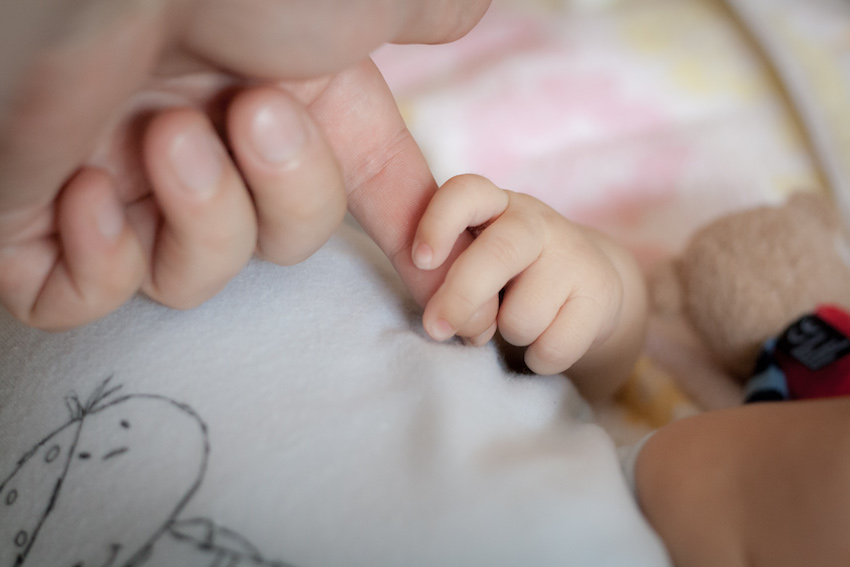
Sudden infant death syndrome (or SIDS) is also known as cot death or crib death.
Generally speaking, it is the sudden and unexplained death of a child less than one year of age.
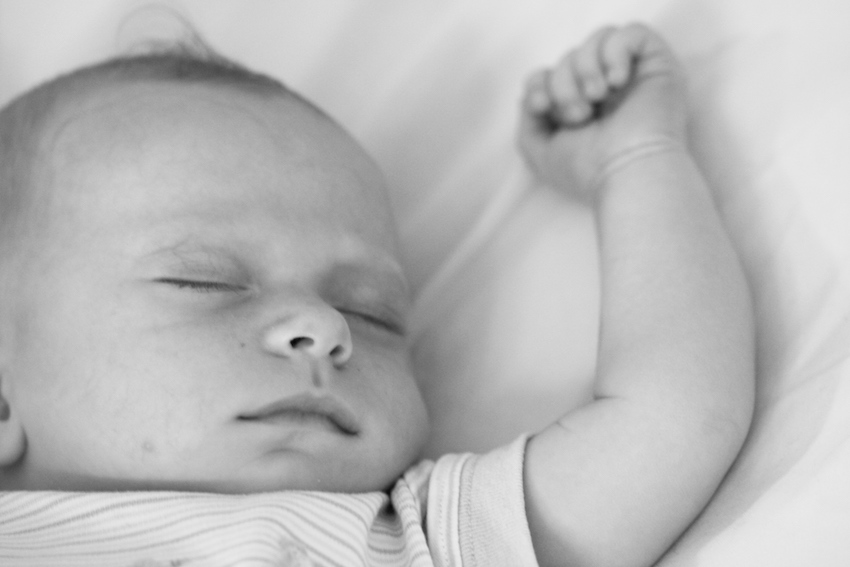
According to the National Institute of Child Health and Human Development, SIDS is the leading cause of death in kids between 1 month and 1 year old.
Data from the CDC shows that 1,545 babies died from SIDS in 2014 (the most recent year for which data is available).
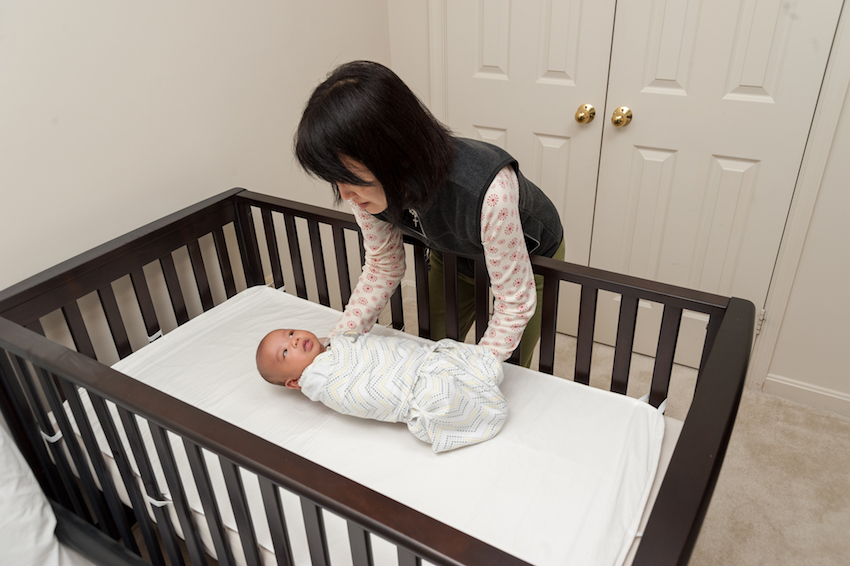
While there is no surefire way to prevent SIDS, the organization does recommend that parents and caregivers abide by certain recommendations to reduce the risk.
The NICHD says that research shows back sleeping carries the lowest risk for SIDS. For that reason, it is recommended that infants be laid down to sleep on their back and not on their stomachs.
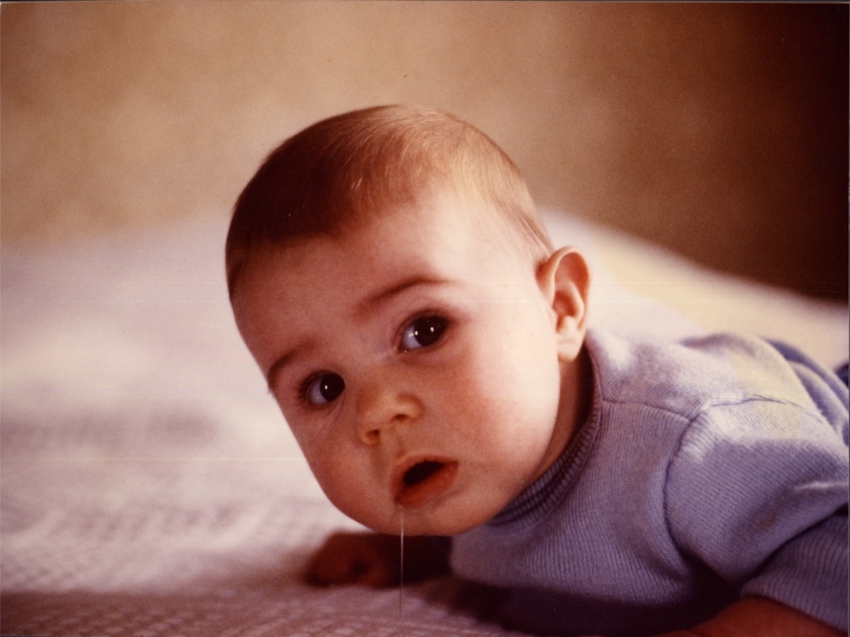
Stomach sleeping carries the highest risk for SIDS, with between 1.7 and 12.9 times the risk of back sleeping.
Premature birth before 37 weeks and smoking (both during pregnancy and in the infant's environment) both increase the risk of SIDS.

Additionally, studies have shown that African American and American Indian/Alaska Native babies are at higher risk for SIDS than white, Hispanic American, or Asian/Pacific Islander American infants.
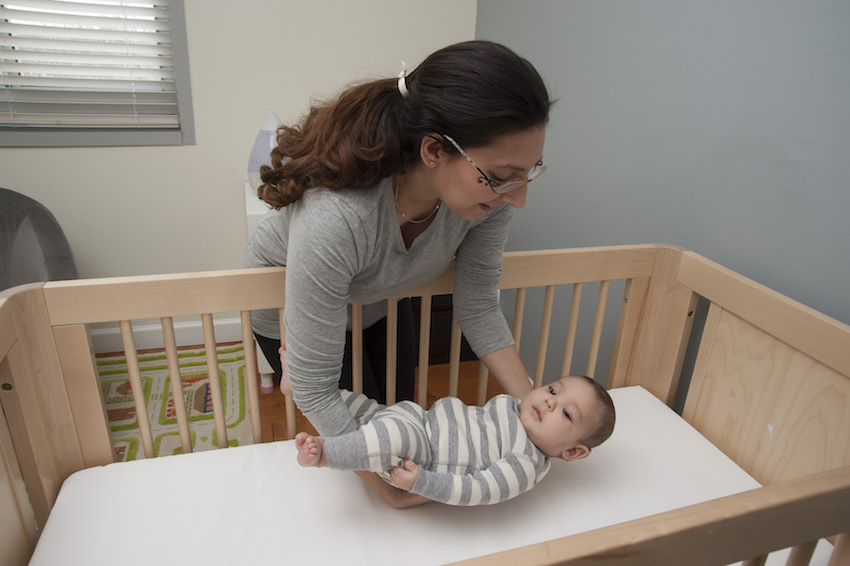
Research shows that putting the baby to sleep on a firm and flat surface, with no bedding or soft items, is one of the best ways to reduce the risk of SIDS.
Now, a new study has shown that there is another way to significantly reduce the risk of SIDS.
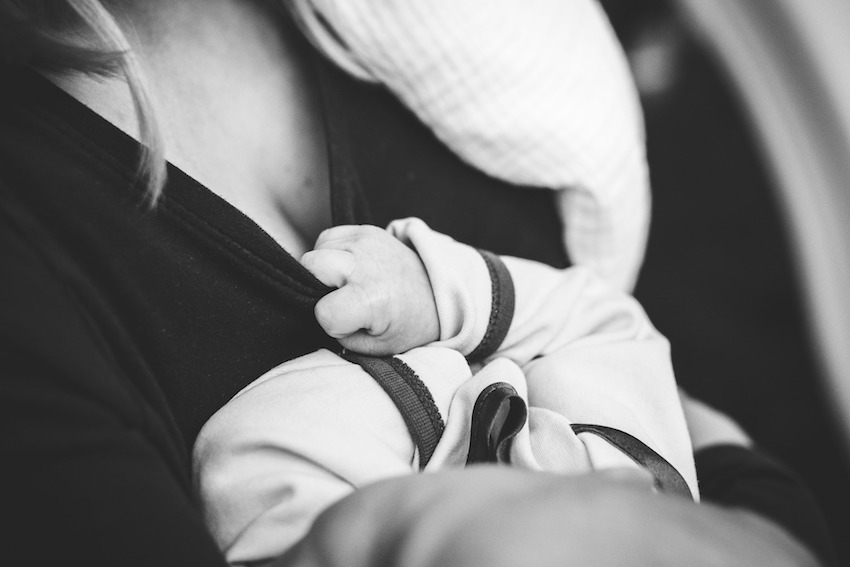
A study from the University of Virginia has found that breastfeeding for a minimum of two months cuts a baby's risk of SIDS almost in half. Researchers analyzed eight major international studies, examining 2,259 cases of SIDS and 6,894 "control infants" where death by SIDS did not occur.
Other studies in the past have suggested that breastfeeding was associated with a decreased SIDS risk, but according to UVA, theirs is the first study to determine the duration necessary to provide that benefit.
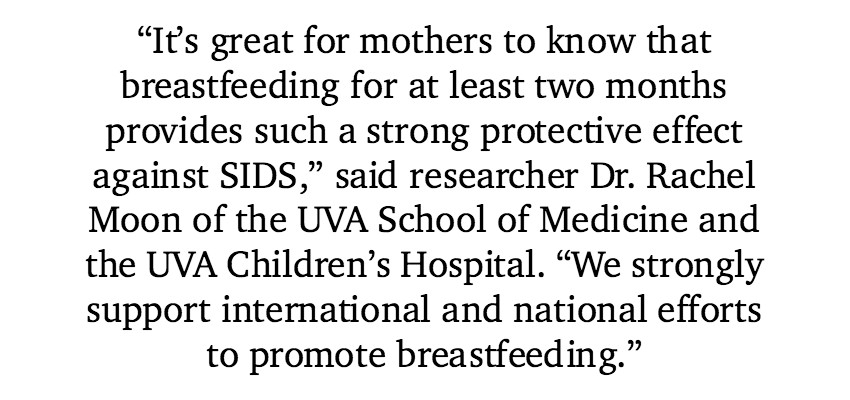

“Breastfeeding for just two months reduces the risk of SIDS by almost half, and the longer babies are breastfed, the greater the protection,” said UVA researcher Dr. Fern Hauck of the UVA School of Medicine and the UVA Children’s Hospital.
"The other important finding from our study is that any amount of breastfeeding reduces the risk of SIDS – in other words, both partial and exclusive breastfeeding appear to provide the same benefit."
This means that moms who breastfeed and supplement with bottle-fed formula are still providing their babies with a potentially significant amount of SIDS protection.
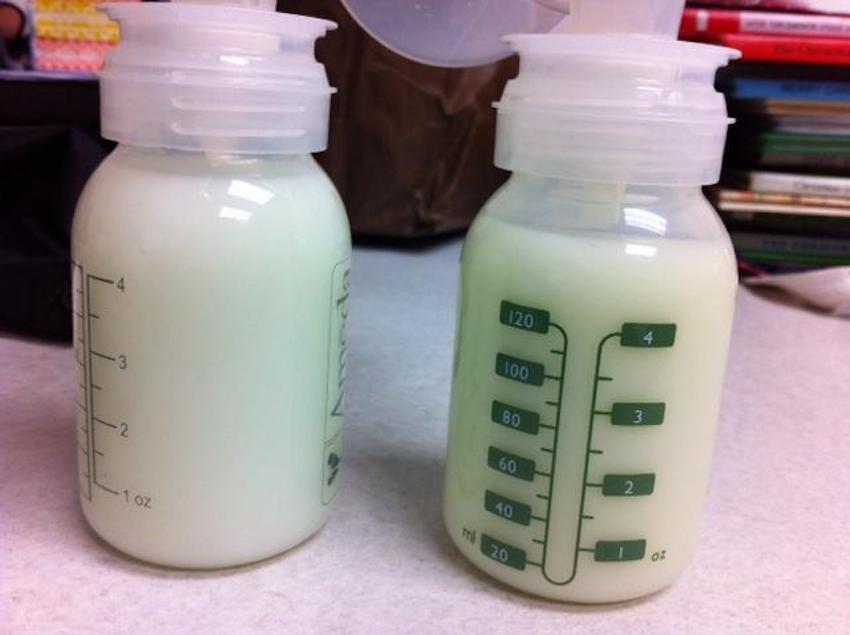
It remains unclear why, exactly, breastfeeding protects against SIDS.
Researchers suggest that possibilities include the immune benefits transmitted through breast milk and breastfeeding's effects on infant sleeping patterns as potential causes for risk reduction.
Please SHARE this important study on Facebook!



